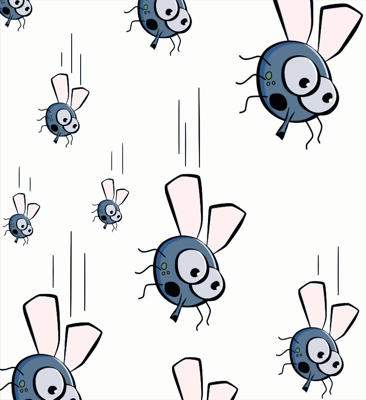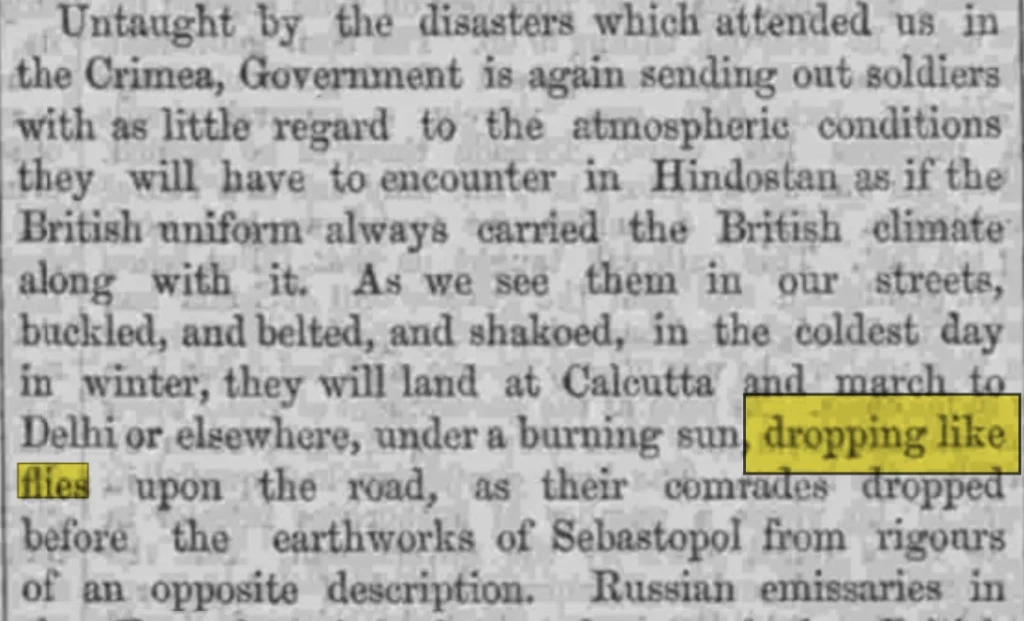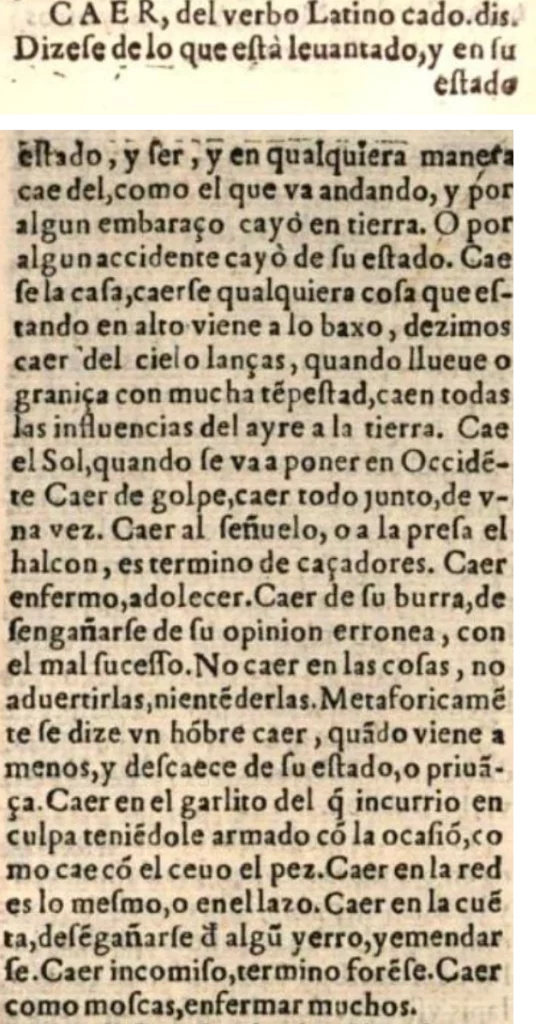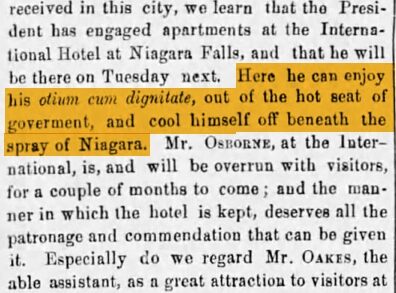
When my wife and I came down with COVID recently (after evading it for more than two years), a friend commented “They’re dropping like flies!” — and then wondered where that expression came from.
You’ll find sources online that date the expression to 1902, but Ellen Gutoskey, a staff writer for Mental Floss, shared an 1857 citation from a British newspaper. (She wisely hedged her bet, describing it as “one of the oldest written references.”)
My own research in newspaper databases had found the same 1857 article, in the London paper The Standard:

By searching some variations on the term, I was able to push the earliest use back further:
- “drop like flies” (instead of “dropped”): 1855
- “dropped off like flies”: 1845
- “fell like flies”: 1834
All of these, including the 1857 article, were in war-related newspaper stories about soldiers killed or wounded or just exhausted.
Moving beyond newspapers to books pushed the term back further still. My Google Books search showed the term as early as 1800. I was skeptical, as Google Books dates are not always accurate, but there were two surprises in store for me when I went to the result:
- It was, indeed, from 1800; and
- It was a translation of a Spanish term in a Spanish-English dictionary.

Since I now had the Spanish term – caer como moscas – I thought I’d try to go back further, to 1700 (not expecting to find anything.) But, lo and behold, there it was in several earlier dictionaries, the earliest a 1729 Castillian dictionary.

My rough translation (with the help of Google Translate) renders this as:
Phrase that denotes the abundance of something perceived as harmful. Covarr. says it is used when there are many sick, and also when there are a great number killed.
“Covarr.” turns out to be Sebastián de Covarrubia (1539-1613), a Spanish lexicographer who compiled the first Spanish language dictionary, Tesoro de la Lengua Castellana o Española, in 1611.

And sure enough, there it was, published 412 years ago. It was at the very end of a long entry on the word caer, as one of many examples of its use: caer como moscas, or drop like flies.

So that answers the “When?”, at least until someone finds something earlier, perhaps in yet another language. (Latin, anyone?).
But what about the “Why?” Why is “dropping like flies” used to mean great numbers falling sick or being killed?
Flies in Winter, Fire, and Honey
What could account for large numbers of flies “dropping,” in a manner so common as to spawn a phrase applied to large numbers of humans dropping (from disease or battle or some other cause?) Gutoskey, in Mental Floss, speculated that it might be because houseflies and fruit flies have very short lifespans and are “just a lot easier to kill than other organisms.”
Another possible reason is the seasonal nature of flies, flourishing in spring and summer and dying out in large numbers as the weather turns colder.
There are hints of this in 18th century British newspapers. In 1710, the Examiner, in Exeter, made metaphorical use of this cycle in an article that talked about
whole swarms of Lies which buz about the Heads of some people, like Flies about a Horse’s Ears in Summer.
A short poem in the Stamford Mercury in Lincolnshire in 1737 lambasted what we might today call “fairweather friends” who “like Flies attend the summer of our day,”
But when Life’s wintry Evening Shades come on,
Soon we behold the treacherous Insects gone,
And find ourselves at once deserted and undone!
Other possible connections between flies and mass death involves flames and honey (or treacle) that draw flies only to lead to their demise.
As early as 1647, Mercurius Pragmaticus, a Royalist newspaper in London, warned Parliamentarians tempted to throw their lot in with Oliver Cromwell that
they like flies court their owne Ruins, flying into those flames that will surely consume the wings of their Riches….
A century and a half later and an ocean away the Freeman’s Journal in Philadelphia in 1784 warned that
….factious spirits, like flies about a candle, seldom desist from their impertinence and presumption, till the object which is their pursuit proves their destruction.
Flies drawn to a flame or to a honey pot seem less likely than a change of weather to lead to the kind of mass drop that would give way to the human-focused metaphor. But it is hard to say for certain. Perhaps there are some Spanish texts that will provide more of a clue, but for now my money’s on the cold weather cause of the flies’ demise and the birth of “dropping like flies.”



